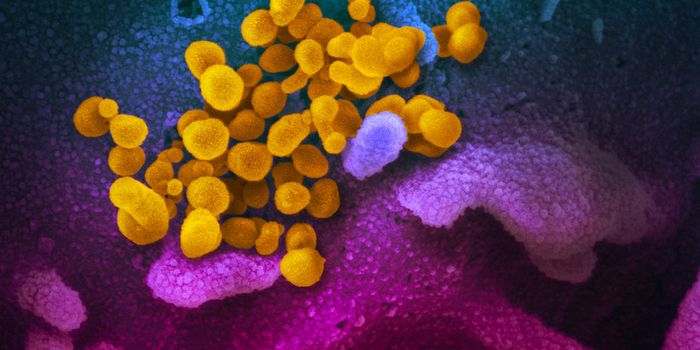Deciphering the Link Between Cancer & Poor Diet
Diet is known to have an influence on the incidence of obesity, and obesity has been associated with a greater incidence of certain types of cancer such as breast, colorectal, kidney, pancreatic, and liver cancer; obesity can also raise the risk of death from cancer. while the consumption of ultraprocessed food has been associated with an increased likelihood of different types of cancer, no one dietary component has been shown to definitely raise or lower cancer risk. But research has now revealed a potential mechanistic link connecting cancer and poor diet, as well as some other conditions such as diabetes. This research could potentially improve preventive measures that can reduce the risk of these disorders, as well as promoting healthier aging processes. The findings have been published in the journal Cell.
Cancer can arise due to interactions between human genes and environmental influences like pollution, or diet and exercise, suggested study leader Professor Ashok Venkitaraman, Director of the Cancer Science Institute of Singapore (CSI Singapore) at the National University of Singapore (NUS). “How such environmental factors increase cancer risk is not yet very clear, but it is vital to understand the connection if we are to take preventive measures that help us stay healthy longer.”
In this work, the researchers investigated patients who were carriers of a mutation in a gene called BRCA2; these mutations are well-known risk factors for breast or ovarian cancers. The investigators showed that cells from these patients were particularly vulnerable to a molecule called methylglyoxal, which is a natural byproduct of the energy production process as out bodies break down glucose. But methylglyoxal can also disrupt DNA in ways that seem to precede cancer development.
Even when people do not carry mutations in BRCA2, unusually high methylgloxal levels that may be caused by a poor diet or obesity seem to be one precursor to the development of cancer.
High levels of methylglyoxal could be an indicator of higher cancer risk, suggested Venkitaraman. A blood test that detects a molecule called HbA1C can potentially be used to asses methylgloxal levels. There are also ways to control abnormally high methylglyoxal levels, including dietary improvements and some medications; these may be a way to prevent cancer, added Venkitaraman.
This study has also suggested that some genes that prevent cancer could be inactivated by methylgloxal. This would provide some support for a theory that a chronically poor diet or diabetes that is not properly managed can have a cumulative effect that increases the risk of cancer.
Now the researchers want to know more about how our knowledge of the potential biochemical mechanisms that link diet, metabolism, and cancer can be leveraged to develop better treatments or preventive strategies.
Sources: National University of Singapore, Cell









